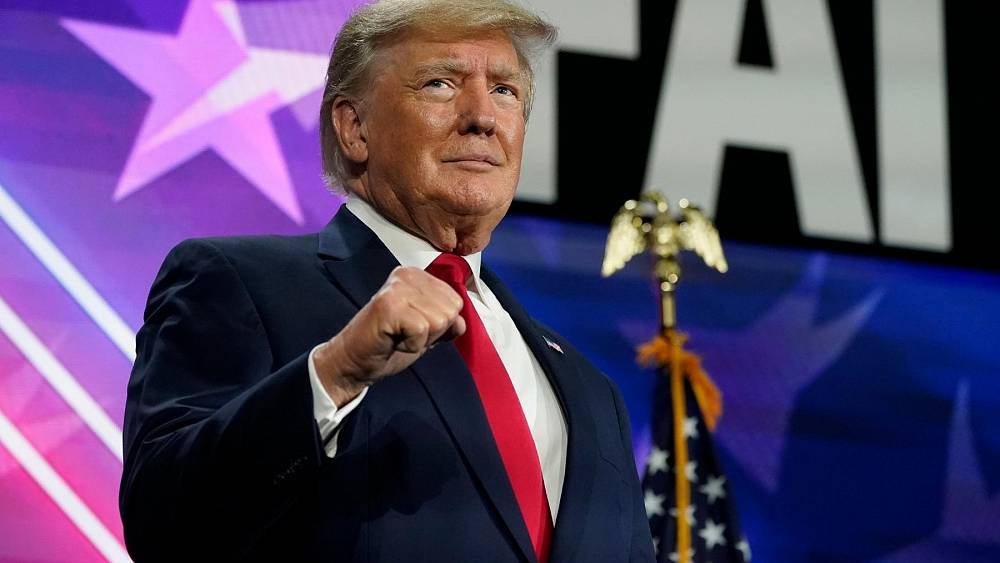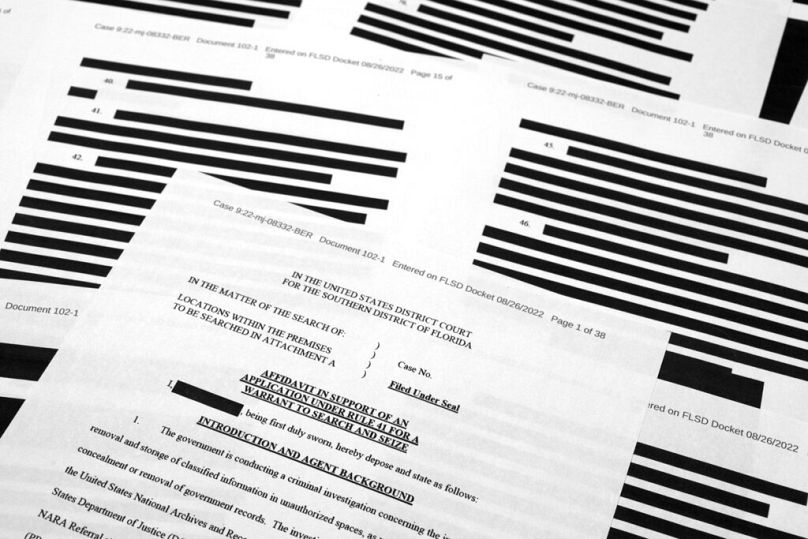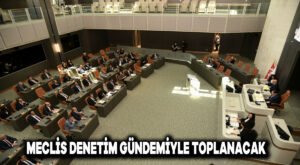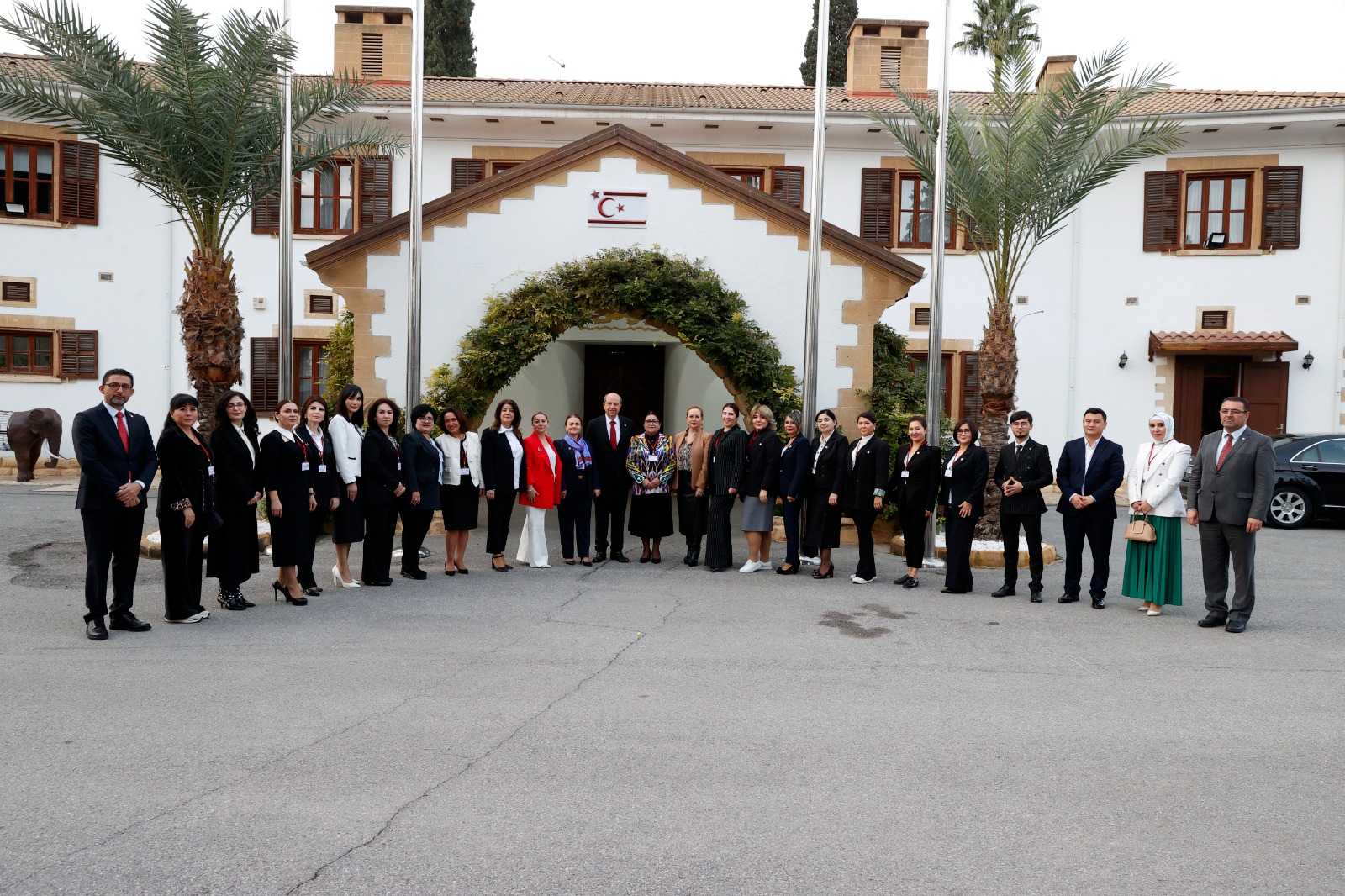FBI says Donald Trump mixed top secret documents with magazines at Florida estate
Fourteen of the 15 boxes recovered from former President Donald Trump’s Florida estate early this year contained classified documents, many of …

Fourteen of the 15 boxes recovered from former President Donald Trump’s Florida estate early this year contained classified documents, many of them top secret, mixed in with miscellaneous newspapers, magazines and personal correspondence, according to a newly-released FBI affidavit.
No space at Trump’s Mar-a-Lago estate was authorized for the storage of classified material, according to the court papers, which laid out the FBI’s rationale for searching the property this month, including “probable cause to believe that evidence of obstruction will be found.”
The 32-page affidavit – heavily redacted to protect the safety of witnesses and law enforcement officials and “the integrity of the ongoing investigation” – offers the most detailed description to date of the government records being stored at Mar-a-Lago long after Trump left the White House. It also reveals the gravity of the government’s concerns that the documents were there illegally.
The document makes clear how the haphazard retention of top secret government records, and the apparent failure to safeguard them despite months of entreaties from US officials, has exposed Trump to fresh legal peril just as he lays the groundwork for another potential presidential run in 2024.
“The government is conducting a criminal investigation concerning the improper removal and storage of classified information in unauthorized spaces, as well as the unlawful concealment or removal of government records,” an FBI agent wrote on the first page of the affidavit.
Documents previously made public show that federal agents are investigating potential violations of multiple federal laws, including one that governs gathering, transmitting or losing defense information under the Espionage Act. The other statutes address the concealment, mutilation or removal of records and the destruction, alteration or falsification of records in federal investigations.
Trump has long insisted, despite clear evidence to the contrary, that he fully cooperated with government officials. And he has rallied Republicans behind him by painting the search as a politically motivated witch hunt intended to damage his reelection prospects. He repeated that refrain on his social media site Friday, saying he and his representatives had had a close working relationship with the FBI and “GAVE THEM MUCH.”
His attorneys late Friday repeated their request for the appointment of an independent special master to review the documents taken from the home, saying the redacted affidavit doesn’t give Trump sufficient information about why the search took place or what materials were removed.

The affidavit does not provide new details about 11 sets of classified records recovered during the 8 August search at Mar-a-Lago but instead concerns a separate batch of 15 boxes that the National Archives and Records Administration retrieved from the home in January. The Archives sent the matter to the Justice Department, indicating in its referral that a review showed “a lot” of classified materials, the affidavit says.
The affidavit made the case to a judge that a search of Mar-a-Lago was necessary due to the highly sensitive material found in those 15 boxes. Of 184 documents with classification markings, 25 were at the top secret level, the affidavit says. Some had special markings suggesting they included information from highly sensitive human sources or the collection of electronic “signals” authorized by a special intelligence court.
And some of those classified records were mixed with other documents, including newspapers, magazines and miscellaneous print-outs, the affidavit says, citing a letter from the Archives.
Douglas London, a former senior CIA officer and author of “The Recruiter,” said this showed Trump’s lack of respect for controls. “One of the rules of classified is you don’t mix classified and unclassified so there’s no mistakes or accidents,” he said.
The affidavit shows how agents were authorized to search a large swath of Mar-a-Lago, including Trump’s official post-presidential “45 Office,” storage rooms and all other areas in which boxes or documents could be stored. They did not propose searching areas of the property used or rented by Mar-a-Lago members, such as private guest suites.
The FBI submitted the affidavit, or sworn statement, to a judge so it could obtain the warrant to search Trump’s property. Affidavits typically contain vital information about an investigation, with agents spelling out the justification for why they want to search a particular location and why they believe they’re likely to find evidence of a potential crime there.










